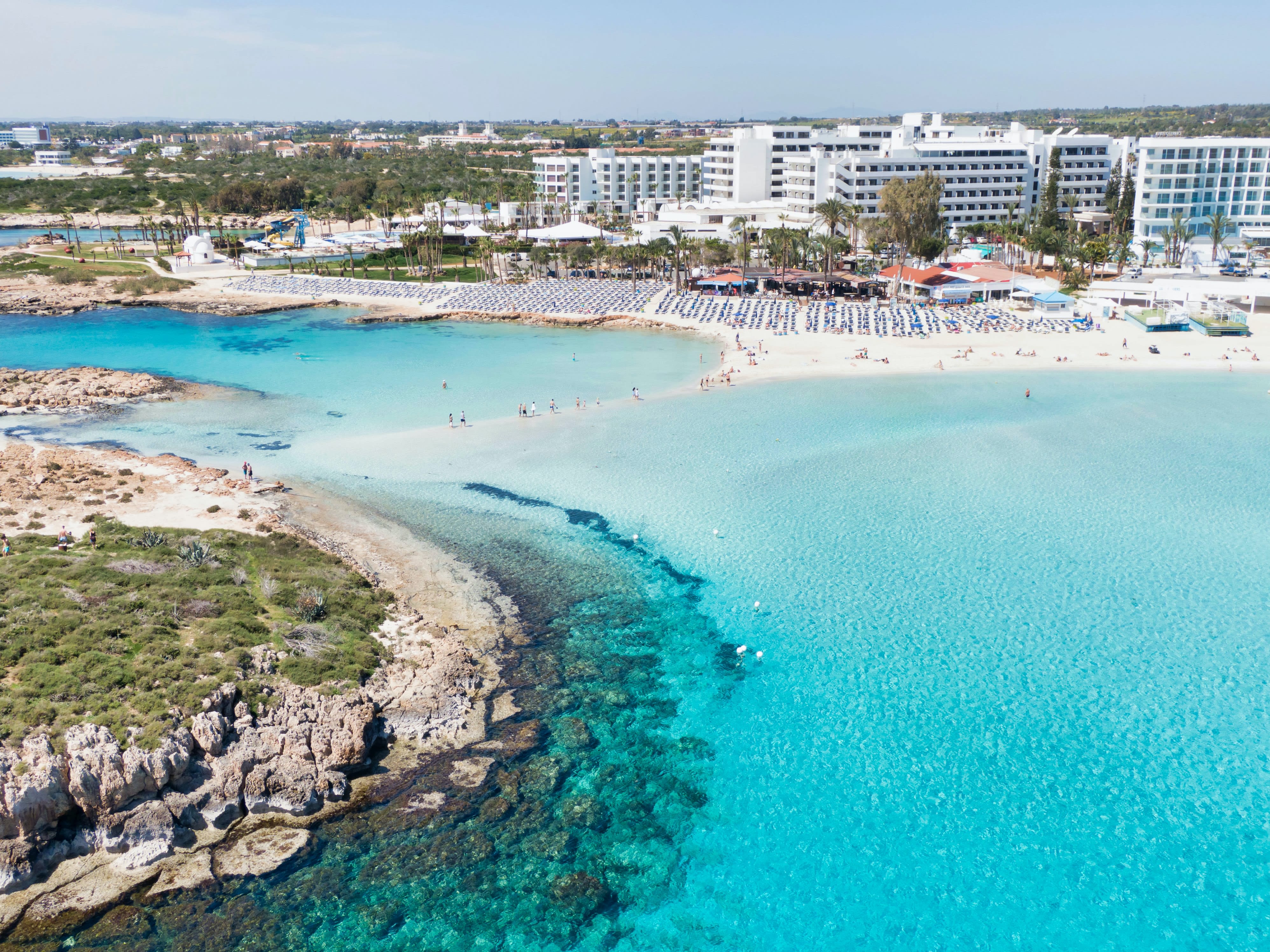Cyprus
Overview and productions
Dubbed 'Olivewood' by the locals, the growing film and TV industry on the island and attractive cash rebate is making Cyprus an attractive sunny, low-cost alternative destiantion.
The biggest project to shoot in 2022 is the romantic comedy The Islander, starring Harry Connick Jr. Written and directed by Cyprus-based filmmaker Stelana Kliris, the film follows a has-been musician (Connick Jr.) as he moves, sight unseen to a remote cliffside house on an island, only to discover his new home has an unfortunate notoriety.
The project is from Uinta Productions and Kliris's Cyprus-based Meraki Films, in association with Das Films with support from the Cyprus Ministry of Education and Culture, and the Cyprus Film Commission's incentive scheme.
“The [cash rebate] scheme is evolving fast and it is becoming more favourable for producers around the world. The process has become more automated, which signifies transparency and speed, without losing the personalised service if questions or challenges arise through the process,“ says Simos Manganis, CEO of Green Olive Films, who provided full services to The Islander, including production, permits, local casting, and streamling the process for the cost reporting and securing the eligibility of the daily spend in regards to the cash rebate.
Other recent projects include Francesco Cinquemani's thriller The Ghosts of Monday and the documentary Treasures of Cyprus from British producer Bettany Hughes.
“Cyprus is ideal for small to medium indie projects. Anywhere between 1.5 to 1.7m in local spend. This is important to have in mind because on this level of productions a large part of the crew and equipment could be sourced locally, with a few additions from Greece and other European countries,“ adds Manganis.

Gallery
Locations and permits
Cyprus is the third biggest island in the Mediterranean with one of the best climates in the world, enjoying over 300 days of sunshine a year.
It is located conveniently at the eastern end of Europe at the crux of the busy shipping and air routes linking three continents, Europe, Asia and Africa. So it’s well connected with direct flights to all major European cities.
The island boasts an impressive array of filming locations. Productions can shoot at a beautiful sandy beach one minute, and within an hour be in the Troodos mountains or forests, villages, modern cities and even jungles.
“Cyprus is a natural film studio”, says George Campanellas, CEO at Invest Cyprus. “We have a rich historical and cultural landscape, which is reflected in the hundreds of archaeological sites scattered throughout the island [including an ancient Odeon in Paphos, Kolossi Castle and the Apollo Hylates temple].”
It’s worth bearing in mind, though, that the landscapes can change depending on the season. “In winter, you’ve got lush green fields and valleys that could double for Switzerland. Put cows there and you’ve got a milk commercial. But then in summer it all goes yellowish and brown,” says Dionysios Manganis, executive producer at Green Olive Films.
Aside from natural locations, Cyprus is also expanding its urban settings. The city of Limassol on the southern coast is proving particularly popular for shoots having just built a luxury marina with 650 berths for yachts, high-end restaurants, villas and shops. And there are some striking skyscrapers rising up on the coastline.
“Across Cyprus, the locations are incredible, accommodation is very cost-effective, especially November to March (low tourist season), transport is cheap, and the food is exceptional and low-priced, which is great for cast and crew catering,” says Andros Achilleos, founder and general manager of Sea Horse Films.
Getting permits to shoot at these various locations is usually straightforward, although there is no one single licensing authority. Production teams must consult relevant authorities and public services, such as the Department of Antuquities, Deputy Ministry of Tourism and Cyprus Police.
Infrastructure and crew
Cyprus offers a highly skilled and experienced film workforce, from producers and sound technicians to location managers.
“Although Cyprus still remains a country with a small film industry, there has been an increase of local crews and equipment, as a result of productions that came to here because of the cash rebate,“ says Simos Manganis of Green Olive Films.
“The official language on the island is Greek, but English is widely spoken, while 95% of the international audio-visual production output is in English,“ says Lefteris S. Eleftheriou, director, head of filming, at Invest Cyprus.
Although there are no studios at the moment, there is a concerted desire and effort from Invest Cyprus and other local production companies to build some and expand the infrastructure through increased investment. This will be helped by the increased presence of local and international productions on the island and the expanding local crew base.
Travel and logistics
Cyprus is a small island, so it is easy to get around. You can get from one side of the island to the other within three hours and you can change the scenery from pinewood mountains to sunny beaches within an hour.
The island is perfectly placed close to Europe, the Middle East and Africa, with plenty of flights available from these (and other worldwide) locations into Larnaca, Paphos and Nicosia airports.
Once on the island, there is no railway system, so the best way to get around is by bus or car.
If you want to ship / bring in your own filming equipment, you are advised to contact the Customs and Excise Department: headquarters@customs.mof.gov.cy.
Sign up for newsletter
Newsletter